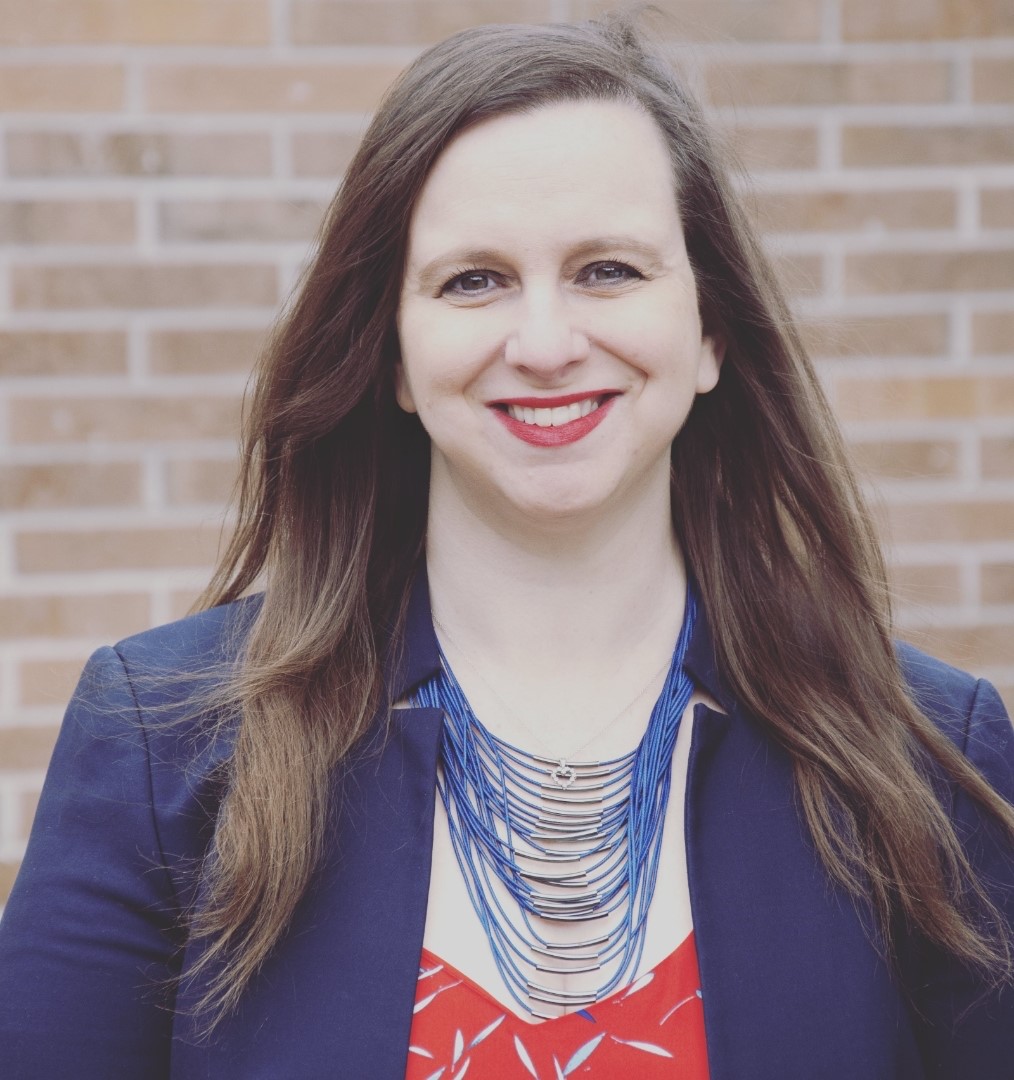
Supporting Angel: Recommendations for Practice
This is the story of my work with a 15-year-old youth who had unresolved immigration status in Canada. To maintain confidentiality, let us call her Angel. Angel’s parents separated when she was 4 years old, and after her parents’ separation Angel continued to live with her mother. After spending a year in another country, Angel and her mother came to Canada as refugee claimants. Angel had minimal contact with her paternal family, and it is believed that her father resides outside Canada.
After arriving in Canada, Angel began attending school and her mother worked as a Personal Support Worker. One day, Angel’s mother passed away suddenly. In the immediate shock, Angel stayed with a neighbour for a few days. With the help of an extended family member, who lives in another country, Angel found accommodation in the home of a friend of the family.
Angel moved to a new city in Canada and began living with this family. However, the family expected Angel to baby sit for their children. The adults viewed this as a landlord-tenant relationship rather than a caregiver who understood Angel’s needs -- grief, loss, and trauma. The people Angel stayed with called her “defiant”. At 15 years of age, Angel moved yet again to another community member’s home. This required Angel to move to another new city in Canada, her third city since her mother’s death, and she began living with another family.
Sometimes professionals and adults in the community believe teenagers/youth to be less vulnerable as they’re more developed, may be maturing, and obtaining independence. Angel, though, presents as a youth who has layers of vulnerability. For some time, we believed she was a refugee claimant, however, we have confirmed that she is a protected person. However, since her mother’s death, she learned along with us that her mother’s husband, who does not have a relationship with her, had joined her Permanent Residency application without her knowledge and this has caused further delay for her. This truly highlights the vulnerability of youth with limited supports. Angel lost her primary caregiver, her mother, and only family member in Canada. She has moved several times to various cities and homes. On at least one occasion, she shared she felt uncomfortable with the family she lived with.
There are well documented issues and barriers noted in international literature, that highlight the challenges faced by unaccompanied and separated children/youth (UASC). As a child welfare system, we must understand our role as service providers when these youth are receiving our service.
In CWICE, we have direct knowledge of the challenges, vulnerabilities, and the risks faced by unaccompanied and separated children. Last year, we were commissioned by IRCC to develop a report outlining the needs of UASC, and made recommendations for a national framework in Canada to support UASC. In our CWICE 8-course certificate training series for child welfare professionals, we dedicate an entire course to examining issues related to UASC and our role in preparing for and delivering service.
As child welfare professionals, we work with individuals and families with a range of needs. We must understand the impact of a child not having identity documents or verified immigration status. This not only ensures we uphold child rights, but these efforts are outlined in the new regulations coming into force July 2023 in Ontario.
In many countries, access to resources and services often depends on one’s immigration status in that given country. Canada is no exception. For example, access to health care is nearly impossible for someone with unresolved immigration status in Canada, unless they are able to pay directly for the service.
Impact of trauma of loss and grief and changes in caregivers:
In Angel’s case, she is a refugee claimant however she did not have any identity documents in her possession. As she moved several times following her mother’s death, the documents have been lost. Her documents went missing after her mother’s death. Though she has family in other countries, including her father, her ability to travel to be in their care is hampered by her lack of identity documents and the fact she has a pending refugee claim.
Like other refugee claimants, Angel has her share of challenges while settling in Canada. Angel had to travel through a third country before arriving in Canada and has since lived in 5 cities over a brief period. Losing a parent at a young age is always traumatic. For this child, the loss and grief of losing her mother did not end there. This loss and grief was aggravated when she had to move from one caregiver to another and another. She’s had multiple caregivers since her mother’s death, and this has compounded her sense of grief and loss.
Important recommendations for child welfare:
Kinship service arrangements offer solutions so that children can continue to be members of their community and reside with relatives or friends of the family when parents are unable to care for them. Angel’s mother died unexpectedly, and she did not have a chance to make arrangements for Angel’s care. As the mother’s death created a situation where a child is left without a caregiver, the child welfare system should follow the Kinship Standards and amplify the voice of the child. Options include family finding, kinship assessments on proposed caregivers, and ensuring the child has connections inside Canada and abroad.
CWICE promotes a consistency in practice around services to UASC. It is important to understand that some children become separated after arriving in Canada. Assessments of the safety of children and youth is paramount. This assessment should include an understanding of the parent/guardian plan, risks to the child/youth related to abuse, neglect, exploitation, and risk of trafficking in the absence of their parent/guardian.
Multi-jurisdictional issues, including international borders, present an additional need for service coordination. Child welfare organizations may be limited by their territorial jurisdiction, however, understanding the child/youth’s needs continue across borders is an opportunity for early help. This is important when a caregiver abroad presents a plan for a child in Canada. Court systems around custody and guardianship could differ across countries, which could impact a child’s placement. These plans can be time consuming processes however may be in a child’s best interest particularly if it surrounds reunification. CWICE has developed an expertise in coordinating placements inside Canada for repatriations/reunifications, as well as placements of children inside Canada who have parents or kin around the world.
During supervision consultations, it is important to centre pre migration, migration and post migration experiences of clients when working with refugee and immigrant populations. It is important to understand the difference between an immigrant and a refugee. And, it is important to utilize a trauma-informed lens in our service provision.
Consider Intersectional Identities. When working with refugees, immigrants, and racialized communities, we have seen access to resources/ services are strongly influenced by the intersection of their identities. If systems are more or less responsive based on features of personal identities, this demonstrates system-related barriers that individuals will face. Considering how systems are designed, and any bias and assumptions carried forward, is useful when navigating services on behalf of children.
Angel is 15-years old. She identifies as a Black female. She is unaccompanied and separated from all family members at present. She is going through the refugee claim process in Canada. Service providers must consider the multiple layers of vulnerability for Angel.
The questions we ask:
How does Angel’s identity impact her experience in the immigration system?
How does her identity impact her services from child welfare professionals?
How do we help her mitigate racism and systemic racism that may be enacted on her from these systems and the individuals providing service?
How do we ensure her voice is informed and heard?
How do we ensure all adults around her are focused on her ongoing safety and wellbeing?
While we continue to provide service to Angel, along with colleagues across Ontario, we continue to ask these and many other questions. We hope that Angel’s immigration pathway in Canada is resolved in 2023. We hope her story, and some of our recommendations, are helpful to you in your child welfare practice.
Our role in CWICE is to promote equitable outcomes for children and youth involved in child welfare, who also have a corresponding unresolved immigration need, unmet settlement need, or border-related issue. We do this through constant evaluation of our services, the outcomes we achieve, and by understanding what our clients’ experiences are in relation to our services.
About the authors:
 | Thomas Abraham is a Child Protection Worker and Immigration Specialist at Peel CAS’ Child Welfare Immigration Centre of Excellence. Thomas joined Peel CAS in 2015 and has worked both in intake and ongoing services before joining CWICE. Thomas has over 17 years of experience in child welfare and human rights sector. |
 | Danielle Ungara (RSW) co-manages the day-to-day operations of the Ontario-wide Child Welfare Immigration Centre of Excellence at Peel CAS. Danielle is an inclusive leader of integrity and believes in furthering social justice outcomes and equity in practice through service excellence and research. |
